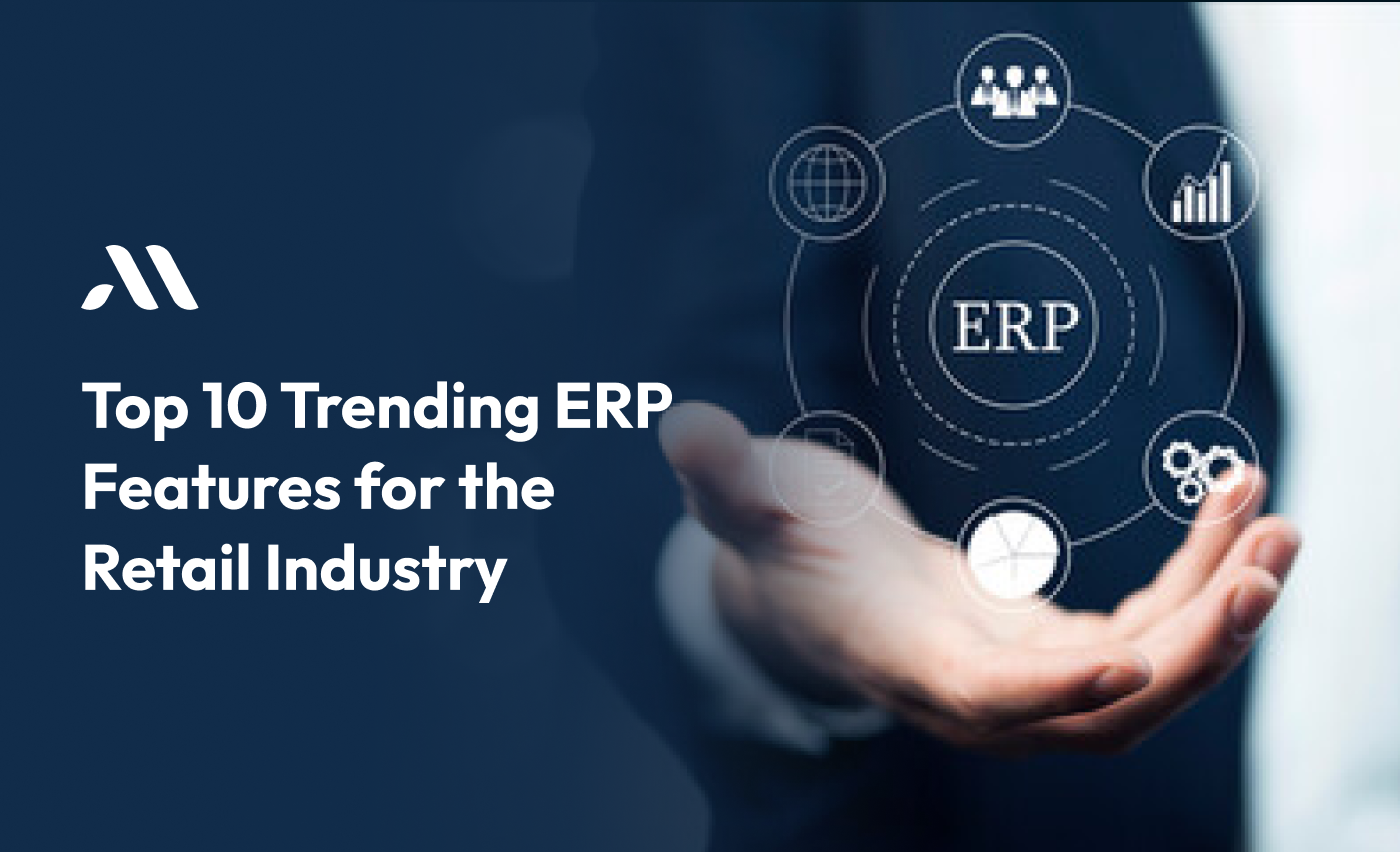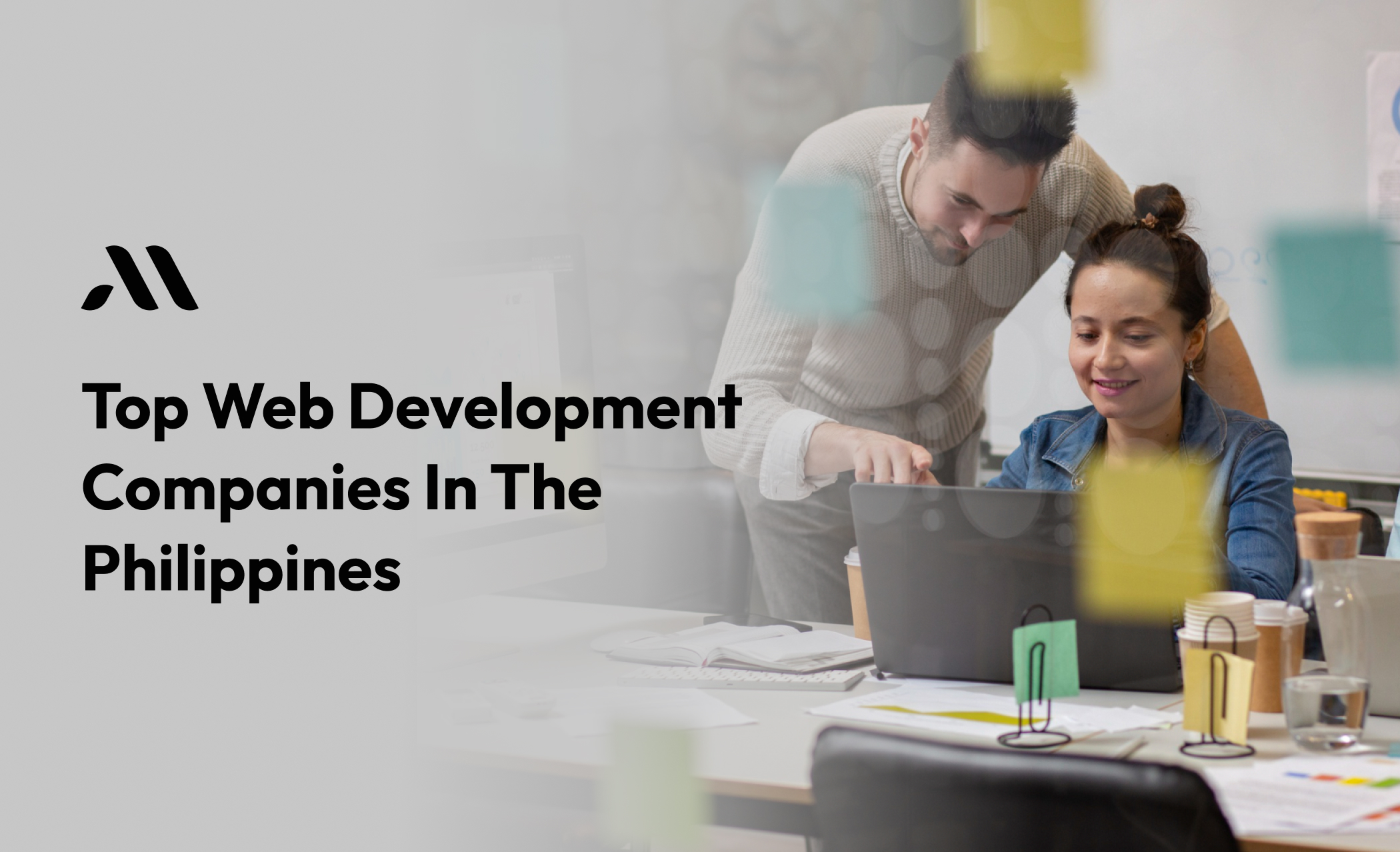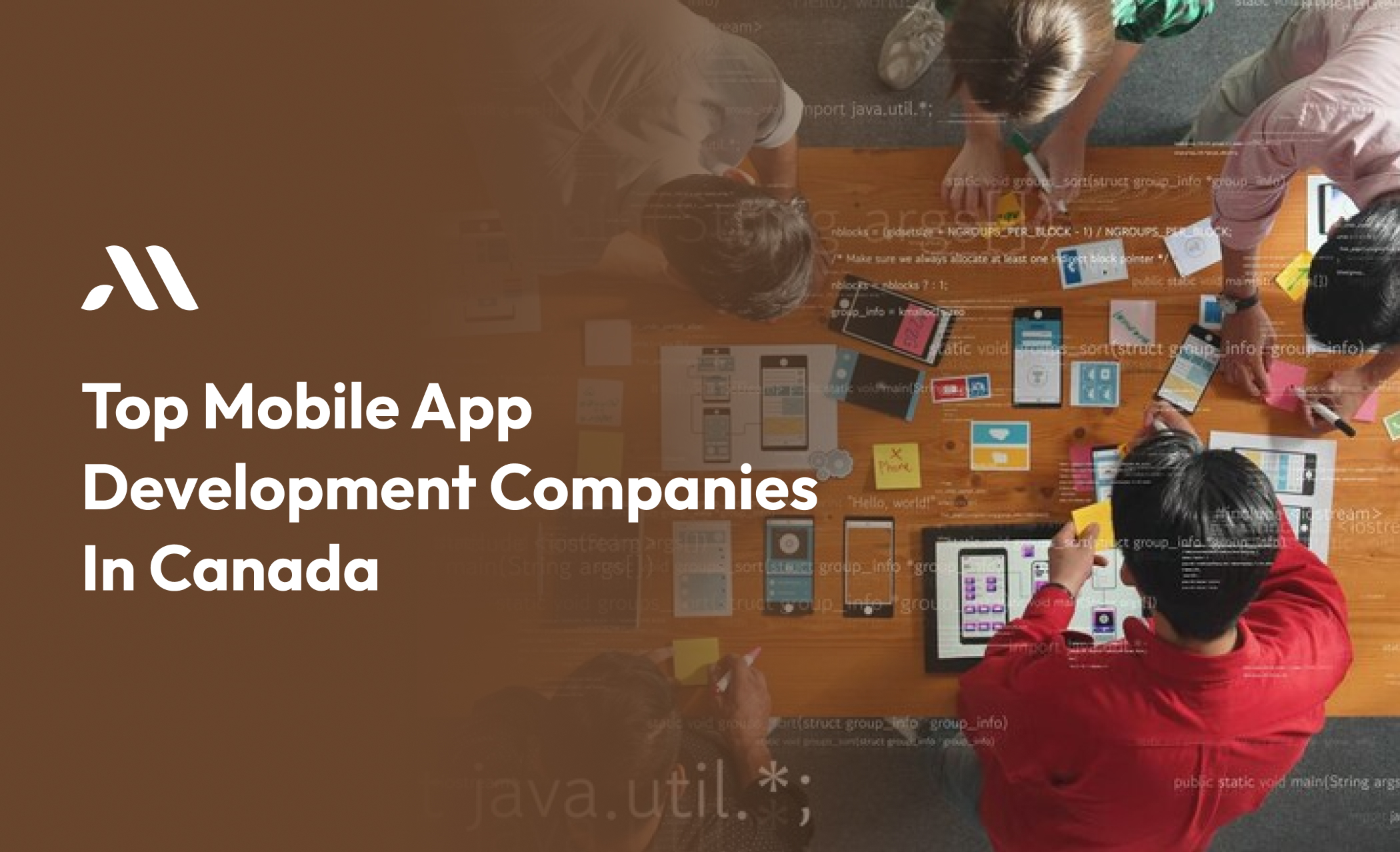Introduction
In today's fast-paced retail environment, businesses need efficient and reliable tools to stay ahead of the competition. One of the most powerful tools at a retailer’s disposal is an Enterprise Resource Planning (ERP) system. The right ERP features can streamline operations, improve customer satisfaction, and boost profitability. In this article, we'll jump into the top 10 trending ERP features for the retail industry that every retail business owner should consider.
What is an ERP System?
Before we jump into the trending ERP features, let's quickly understand what an ERP system is. An ERP system is a type of software that helps businesses manage their day-to-day operations. It can include everything from inventory management to customer relationship management (CRM), accounting, financial planning and human resources. The key benefit of an ERP system is that it integrates all these functions into a single, easy-to-use platform, making business operations smoother and more efficient.
Why are ERP Features Important for Retail?
ERP features are important for retail businesses because they help manage and optimize various aspects of the business. From inventory control to customer service, the right ERP features can make all the difference in ensuring that a retail business runs smoothly. Retail business owners need ERP software features that cater specifically to the unique needs of the retail industry.
1. Inventory Management
One of the most critical ERP features for the retail industry is inventory management. Retail businesses need to keep track of their stock levels in real time to avoid overstocking or running out of products. An advanced inventory management feature within an ERP system can automate reordering processes, provide real-time stock updates, and even predict future inventory needs based on sales trends.
Tip: Look for an ERP system that offers customizable inventory alerts. This will ensure you’re always aware of stock levels without manually checking.
2. Point of Sale (POS) Integration
Point of Sale (POS) integration is another important ERP feature for the retail industry. A seamless connection between the POS system and the ERP helps with real-time data synchronization. This means sales data is instantly recorded in the ERP system, updating inventory and financial records automatically.
Remember: The smoother the POS integration, the fewer errors and manual updates your staff will need to manage.
3. Customer Relationship Management (CRM)
Customer Relationship Management (CRM) is an ERP feature that helps retail businesses build and maintain strong relationships with their customers. With CRM integrated into your ERP system, you can track customer interactions, preferences, and purchase history. This data can be used to personalize marketing efforts, improve customer service, and increase customer loyalty.
“Happy customers are your best advocates.” – Tom Hopkins
4. Multi-Channel Sales Management
In the digital age, retailers often sell across multiple channels—online stores, physical locations, and even social media. An ERP system with multi-channel sales management allows you to manage all these channels from a single platform. This ERP software feature ensures that inventory, orders, and customer data are consistent across all sales channels.
Note: With more customers shopping online, this feature is becoming increasingly vital for retail businesses.
5. Supply Chain Management
Efficient supply chain management is critical for retail success. ERP features that support supply chain management help businesses monitor and manage everything from supplier relationships to product deliveries. With these ERP system features, you can streamline the procurement process, reduce lead times, and improve overall supply chain efficiency.
According to a report by Statista, 57% of retailers believe that an efficient supply chain is key to improving customer satisfaction.
6. Financial Management
Managing finances is crucial for any retail business, and an ERP system can make this task much easier. Financial management features within an ERP system can automate tasks like invoicing, payroll, and tax calculation. This not only saves time but also reduces the risk of errors.
Tip: Choose an ERP system that offers detailed financial reporting and analytics to help you make informed business decisions.
7. Custom ERP Features
Every retail business is unique, and sometimes, off-the-shelf ERP software features might not meet all your needs. This is where custom ERP features come into play. A Custom ERP Development Company can customize the ERP system to match your specific business processes, ensuring that you get the most out of your investment.
Remember: While custom ERP features might require a higher initial investment, they usually lead to greater long-term efficiency and ROI.
8. Human Resources Management
An often overlooked but vital ERP feature is human resources (HR) management. For retail businesses, managing staff schedules, payroll, and performance evaluations can be time-consuming. An ERP system with robust HR management features can automate these tasks, helping you to focus on running your business.
“Your employees are your greatest asset.” – Anne M. Mulcahy
9. Mobile Access
In today’s world, being able to access your ERP system on the go is a game-changer. Mobile access is an ERP feature that allows retail business owners and managers to view reports, check inventory, and even approve orders from their smartphones or tablets. This flexibility can lead to faster decision-making and improved business agility.
Note: Ensure your ERP system provides a user-friendly mobile interface that’s easy for everyone on your team to use.
Also Read - ERP Software Development Cost for the Banking Industry
10. Data Analytics and Reporting
Finally, data analytics and reporting are essential ERP features for any retail business. An ERP system with advanced analytics can provide insights into sales trends, customer behavior, and inventory levels. These insights can help you make data-driven decisions that improve business performance.
According to a study by IBM, companies that use data analytics experience a 10% increase in sales productivity.
Conclusion
As a retail business owner, staying ahead of the competition requires the right tools and strategies. By investing in an ERP system with the right ERP features, you can streamline operations, improve customer satisfaction, and boost your bottom line. From inventory management to data analytics, these top 10 trending ERP features are designed to meet the unique needs of the retail industry.
When selecting an ERP system, remember to look for ERP software features that align with your business goals. Whether you opt for standard or custom ERP features, the key is to ensure that your ERP system supports every aspect of your retail business.
Ready to take your retail business to the next level? MicraSol specializes in custom ERP features that fit your unique needs. Let us help you streamline your operations and boost your success. Contact us today to learn how we can create the perfect app for your business!
Final Tip: If you're unsure which ERP system features are right for your business, consider consulting with a custom ERP development company. They can help you identify the features that will deliver the most value and customize the system to meet your specific needs.
By keeping these ERP features in mind, you’ll be well on your way to running a more efficient and successful retail business.
FAQS
What is an ERP system, and why do I need it for my retail business?
An ERP system is software that helps you manage your business operations, like inventory, sales, and finances, all in one place. It’s important for retail businesses because it makes managing everything easier and helps your store run more smoothly.
How can ERP features help me keep track of my inventory?
ERP features for inventory management let you see how much stock you have in real time. They can also help you automatically reorder products when you’re running low, so you never run out of what your customers want.
Why is POS integration important in an ERP system?
POS (Point of Sale) integration connects your cash registers or online checkouts directly to your ERP system. This means all sales information, like what was sold and how much money was made, is automatically updated in the system, saving you time and reducing mistakes.
How does the CRM feature in an ERP system help my retail business?
The CRM (Customer Relationship Management) feature helps you keep track of your customers' information, like what they buy and how often they shop. This information can help you provide better service and create special offers that keep your customers coming back.
What does multi-channel sales management mean in an ERP system?
Multi-channel sales management means you can sell products in different places, like in your store, online, or on social media, and manage everything from one system. This helps ensure that your inventory and sales records are the same everywhere.








